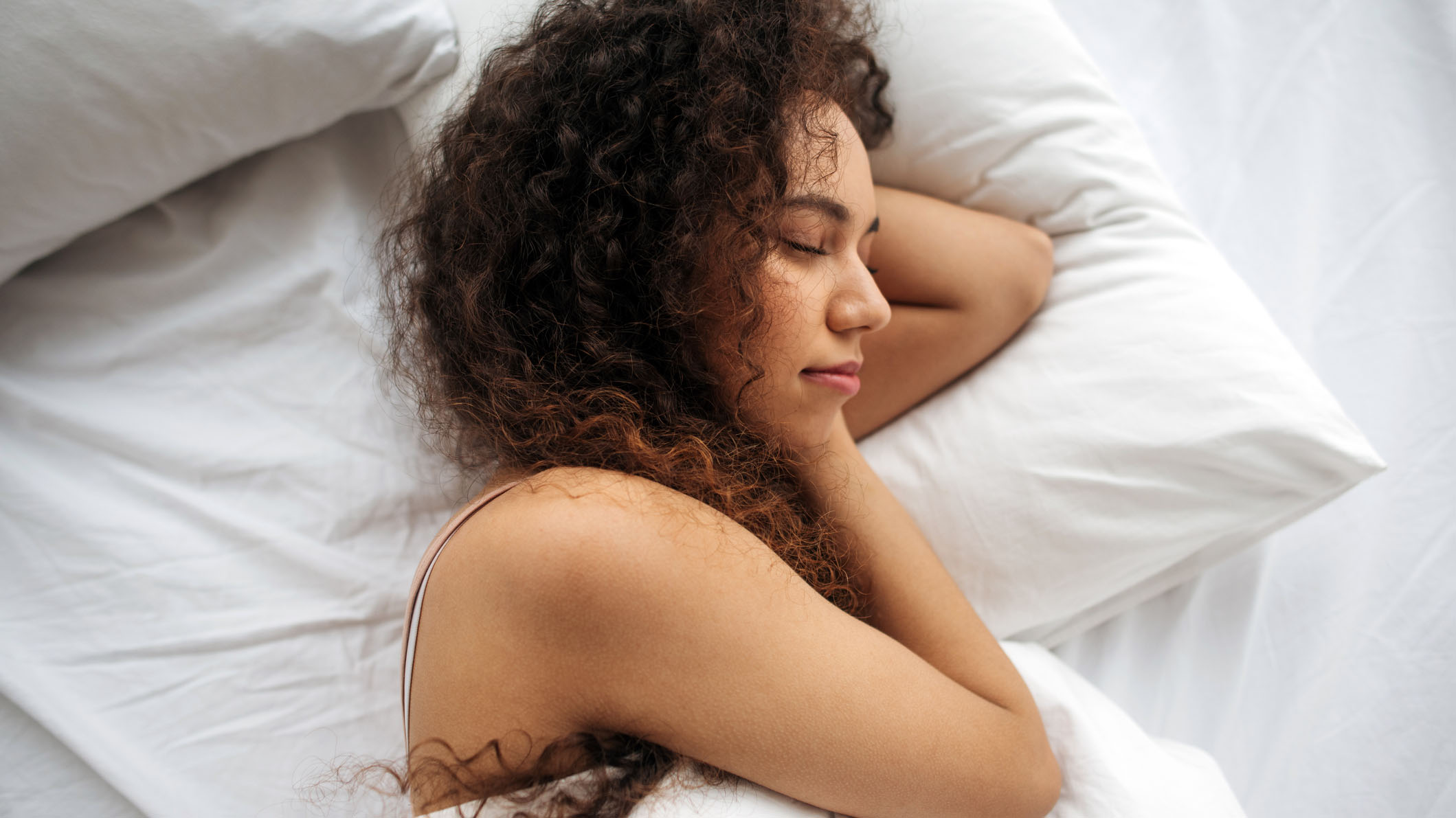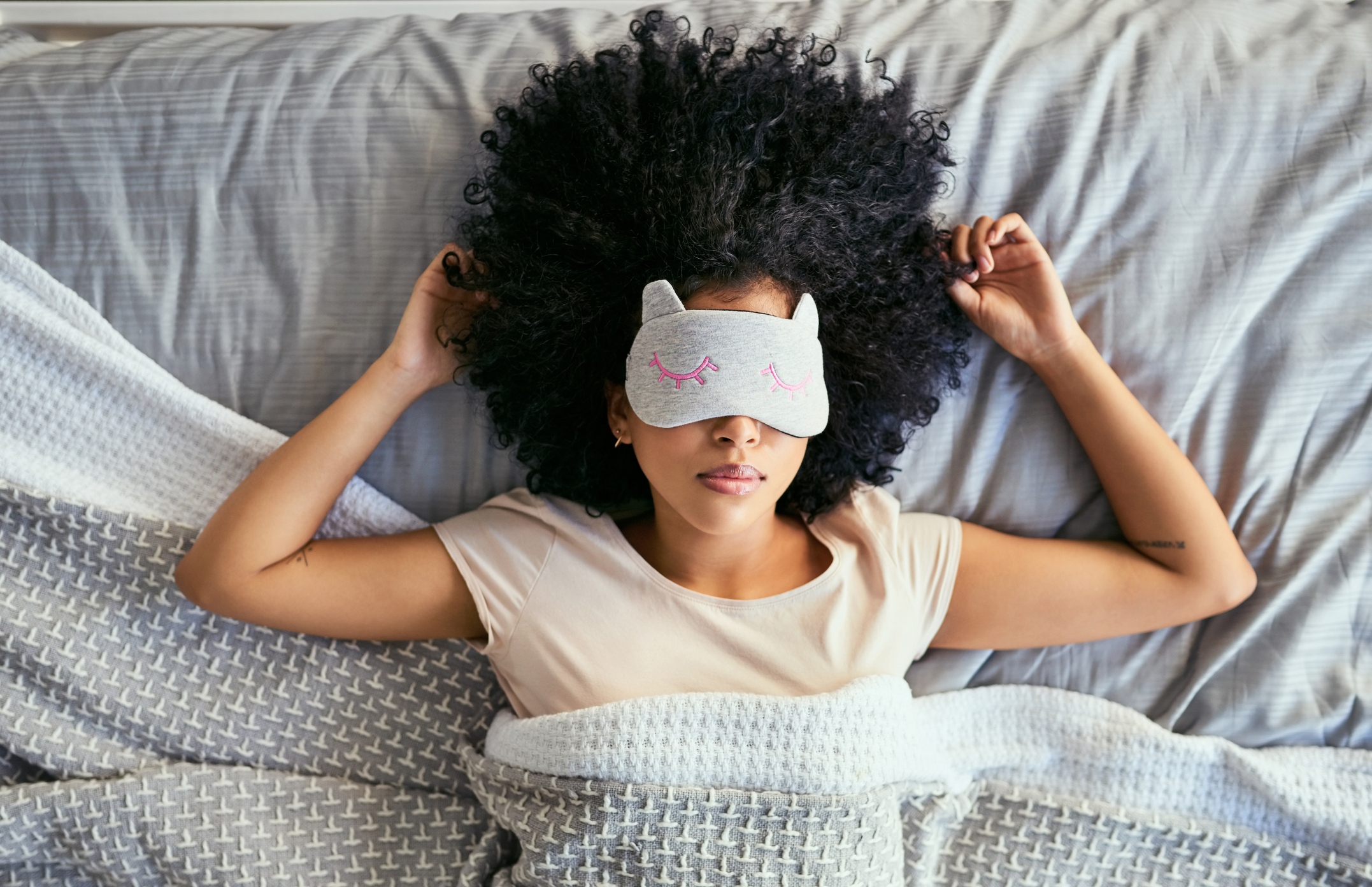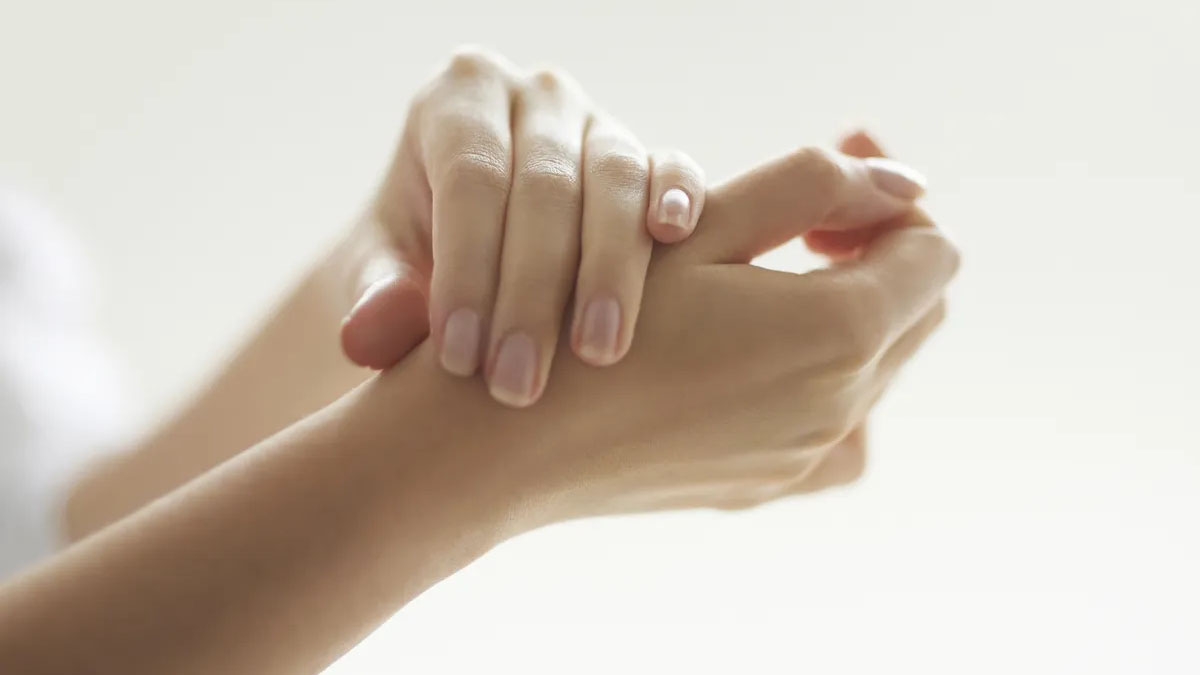
‘Beauty sleep’ is a term we often throw around during moments of exhaustion, but what is beauty sleep and is there really any science behind the concept? Does the amount and quality of the sleep we get nightly, not just after an exhausting few days, really have an effect on our appearance?
Dr Allie Hare, consultant of sleep medicine at the Royal Brompton Hospital, London, certainly thinks so. “Studies show even one night’s sleep deprivation can be perceived in photographs, with observers consistently rating sleep-deprived individuals as looking more fatigued, less attractive and even less healthy and sadder than when they are rested.”
According to research, the top physical indictors of fatigue are droopy eyelids, red, puffy eyes, dark circles, pale skin and fine lines. But although we might look tired after a bad night’s sleep, can regularly missing out on beauty sleep cause problems that are more than skin-deep? Here, we talk to the experts to find out…
What is beauty sleep and is it real?
“Your body repairs itself during sleep and this is true for your epidermis (skin) as much as it is for your brain or your muscles,” explains Dr Hare, “During sleep, blood flow to your skin increases, your skin rebuilds collagen and repairs itself from damage caused by UV exposure, helping to reduce wrinkles and age spots.”
The quality and length of sleep you get every night can have a profound impact on your skin’s overall health too. “Increasingly, research confirms that ignoring our natural sleep/wake rhythm and reducing sleep can accelerate skin ageing, impair the skin’s barrier function and lead to increased production and accumulation of damaging free radicals,” Dr Hare adds.

How lack of sleep impacts our skin
The impact a lack of sleep has on our skin can quickly progress too, according to dermatologist and aesthetics doctor, Dr Sonia Khorana. “Many people begin to notice an increase in fine lines, uneven pigmentation and reduced elasticity in their skin when their sleep suffers,” she says. “Skin conditions like psoriasis, eczema and rosacea can also be exacerbated by lack of sleep.”
Our bodies produce human growth hormone while we sleep, and this is necessary for the maintenance of collagen
Dr Sonia Khorana, Dermatologist
This is all down to the skin’s barrier function being less effective while we sleep. “During the day, the skin is focused on protecting itself and keeping hydrated — skin thickness and sebum production is at its highest,” says Dr Hare.
“But while we sleep, the skin is focused on DNA repair and cell turnover instead, so the skin’s barrier function becomes less effective and skin can experience increased moisture loss too. This, coupled with the natural dip in our cortisol levels during the evening, is thought to be why itchy skin conditions are often more troublesome at night.”
The science behind beauty sleep
So how does sleep work to keep our complexion, hair and nails in top condition?
Healthy glow: “Blood flow to the skin peaks in the early evening and again in the late evening before sleep onset," explains Dr Hare, "so reduced blood flow to the skin when we haven’t slept well is likely why our faces appear paler, dull and less healthy the next morning. That’s why we get that elusive, healthy glow when we’re better rested.”
Nails: “Our bodies produce human growth hormone while we sleep, and this is necessary for the maintenance of collagen and cell regeneration,” adds Dr Khorana. Lower levels of these growth hormones are associated with dry, thin skin and nails.

Hair: “Collagen production is triggered during REM sleep and it’s this provides structure and support to our skin, including the scalp which is necessary for hair health,” explains Dr Khorana. “Sleeping on silk pillowcases is popular because it can help prevent hair becoming frizzy overnight but it’s important to note, doing this won’t suddenly make you look younger.”
Is lack of sleep ageing you?
Research shows restricted sleep can indeed make us look older. A small study of 60 women found that those who slept poorly exhibited more intrinsic signs of ageing and lower satisfaction with their own appearance than those who didn’t.
Research confirms that ignoring our natural sleep/wake rhythm and reducing sleep can accelerate skin ageing
Dr Allie Hare, Consultant Sleep Medicine
“Poor quality sleep can lead to increased secretion of stress hormones such as cortisol, which in turn encourages inflammation in the skin, resulting in flare-ups of acne, psoriasis and eczema,” says Dr Khorana. “Poor sleep hygiene is also associated with accelerated skin ageing and decreased elasticity, which can lead to fine lines and wrinkles too.”
Dr Hare agrees: “Several research findings suggest disruption of our circadian rhythm and chronic short sleep correlate with signs of accelerated skin ageing. Sleep is critical for DNA repair and cell turnover, poor sleep quality can lead to skin cellular dysfunction resulting in premature skin ageing."
How to get better beauty sleep: 3 top tips
1. Each a vitamin rich diet
“I recommend eating a diet rich in antioxidants such as Vitamins A and C, (found in fruit and vegetables), lycopene (found in tomatoes), astaxanthin (found in salmon) and polyphenols (think green tea and dark chocolate) during the day since these can all contribute to maintaining healthy skin,” advises Dr Khorana.
2. Practice better sleep hygiene
At night, Dr Hare advises practising good sleep hygiene, which includes avoiding devices for 30-60 minutes before bed, dimming the lights and ensuring your bedroom is cool, dark and quiet to help you mentally and physically prepare for sleep. And be mindful of the position you sleep in too...
3. Sleep on your back
Sleeping on your back isn’t recommended for everyone (snorers and sleep apnoea sufferers in particular, and pregnant people in their second and third trimester), but sleeping on your back could keep wrinkles at bay.
“Sleep wrinkles develop in response to distortion when the face is pressed against any sleep surface, particularly when we are in side-lying or stomach-sleeping positions,” she explains. “So it’s also possible that facial distortion during sleep may contribute to overall facial ageing.”
See our best mattress guide for our top-recommended beds for back sleeping.







